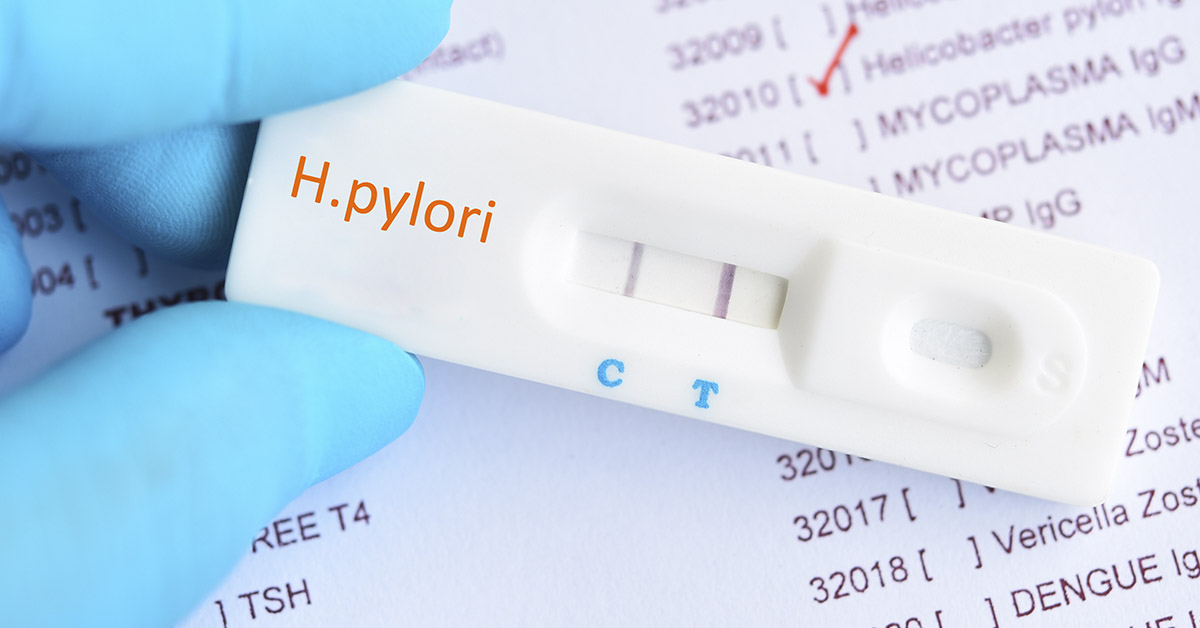H. Pylori is a bacterium that infects the stomach and the upper part of the small intestine. It is estimated that approximately half of the world’s population carries this bacterium in their gastrointestinal tract, often without experiencing any symptoms. However, for some individuals, H. Pylori infection can lead to several health problems, such as peptic ulcers and gastritis. While medical treatment is often the recommended course of action for H. Pylori infection, there are also natural remedies that can be considered as complementary or alternative options.
Natural Remedies for H. Pylori: An Overview
As already mentioned, H. Pylori bacteria reside in approximately half of the world’s population. For some of those people, it doesn’t affect them at all. Others, however, experience horrible stomach problems, nausea, vomiting, ulcers, and more. These bacteria can cause inflammation in the gastrointestinal tract. This, in turn, causes long-term GI distress. Thankfully, there are several natural remedies that can help you to take care of this problem. Please be aware that often these remedies still work best with a standard course of antibiotics from your healthcare provider. (1)
The Role of Natural Remedies
It is important to note that natural remedies should not be seen as a substitute for medical treatment, especially in cases where severe symptoms or complications are present. Medical interventions, such as antibiotics and proton pump inhibitors, are generally considered the most effective way to combat H. Pylori infection. However, some individuals may prefer to explore natural remedies due to personal beliefs or concerns about potential side effects associated with pharmaceutical treatments.
Natural Remedies for H. Pylori
Here are some natural remedies that have been suggested to play a role in managing H. Pylori infection. While their effectiveness is yet to be fully proven through rigorous scientific research, some anecdotal evidence and preliminary studies show promising results. It is crucial to consult with a healthcare professional before trying any natural remedy, to ensure that it is safe and appropriate for your specific situation.
1. Probiotics
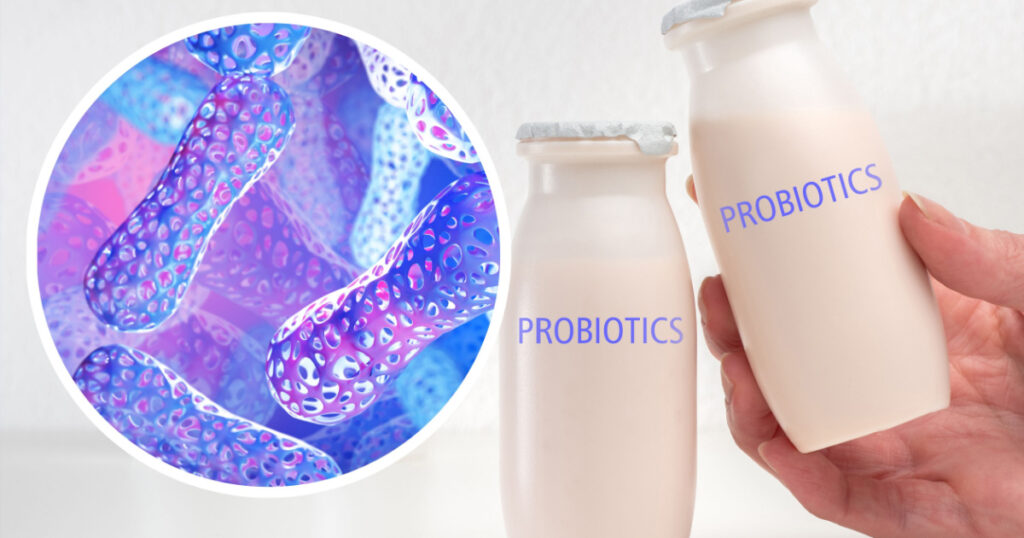
Probiotics are beneficial bacteria that can help maintain a healthy balance in the gut. Some studies suggest that specific strains of probiotics, such as Lactobacillus and Bifidobacterium, may inhibit the growth of H. Pylori and reduce symptoms. (2)
It is important to note that not all probiotics are effective against H. Pylori, and their efficacy may vary from person to person. More research is needed to determine the optimal strains, dosages, and duration of probiotic supplementation for H. Pylori management.
2. Green Tea
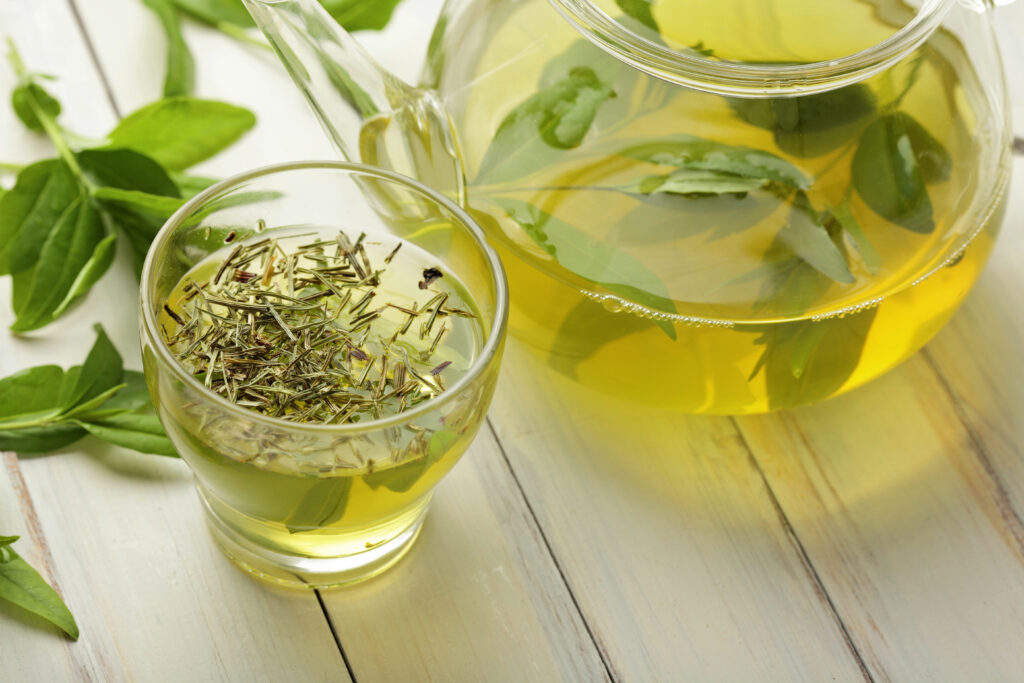
Green tea is rich in antioxidants, known as catechins, which possess antimicrobial properties. Some studies have found that green tea extracts may help inhibit H. Pylori growth and reduce inflammation in the stomach lining. (3)
However, the evidence regarding the effectiveness of green tea in combating H. Pylori is still limited, and further research is needed to determine its true potential as a natural remedy.
3. Garlic
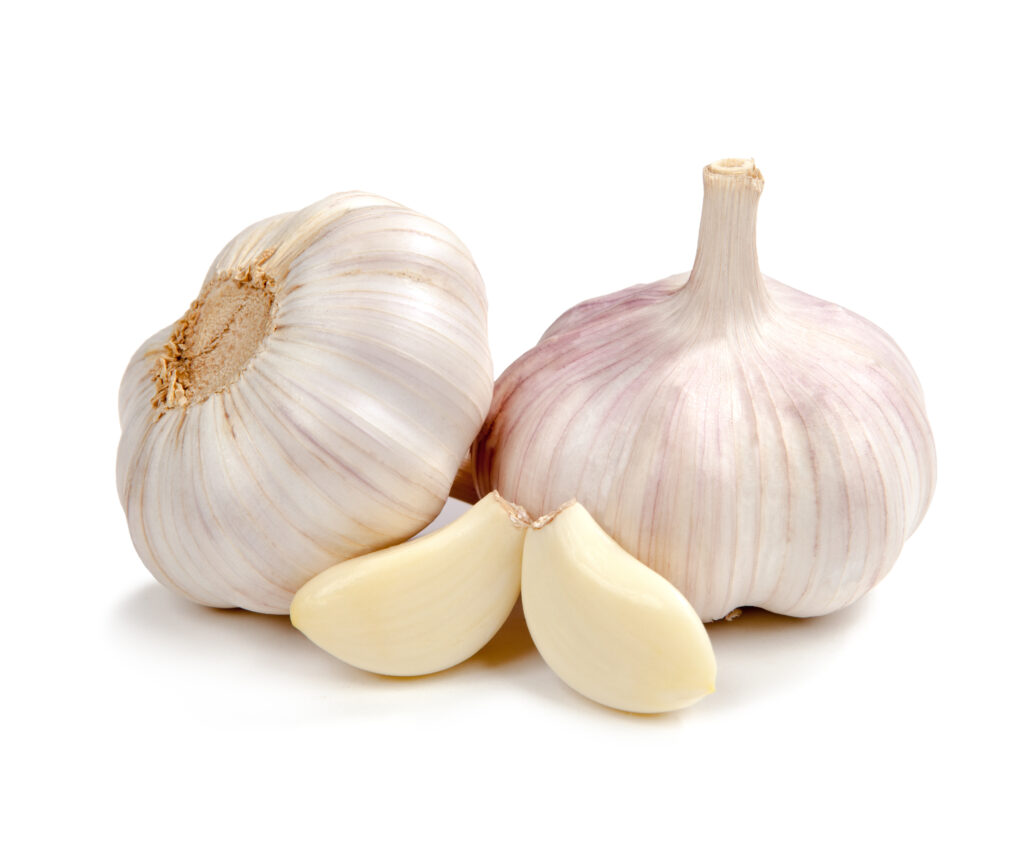
Garlic has long been recognized for its antimicrobial properties due to its active compounds, such as allicin. Some studies suggest that garlic extracts may have inhibitory effects on H. Pylori and may help reduce the risk of developing peptic ulcers. (4)
It is important to note that the consumption of garlic in large quantities may have side effects, such as gastrointestinal upset or interactions with certain medications. It is always advisable to consult with a healthcare professional before incorporating high doses of garlic into your regimen.
4. Bismuth
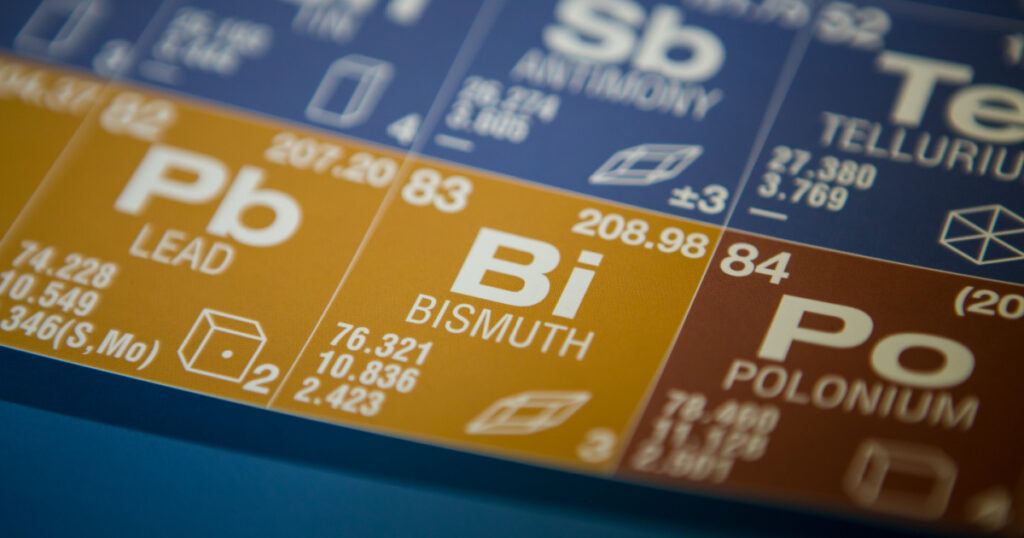
Bismuth, a naturally occurring heavy metal, has been used for its antimicrobial properties for centuries. Some over-the-counter products containing bismuth compounds, such as bismuth subsalicylate, are believed to help inhibit H. Pylori growth and reduce symptoms.
While bismuth products are relatively safe when used as directed, it is essential to follow the recommended dosage and consult with a healthcare professional before using them. (5)
5. Honey

Some research suggests that honey may be effective against H. Pylori bacteria. Scientists have seen these results in vitro, however, more research in the human setting is necessary. They do say, however, that honey may help speed up recovery time from an H. Pylori infection. In fact, some research suggests that the use of honey with triple therapy regimen may help shorten the time required to eliminate H. pylori from stomach lining of patients with gastritis or duodenal ulcer caused by H. pylori infection. The most powerful honeys observed were Black Forest honey followed by Langnese honey. (6)
6. Aloe Vera
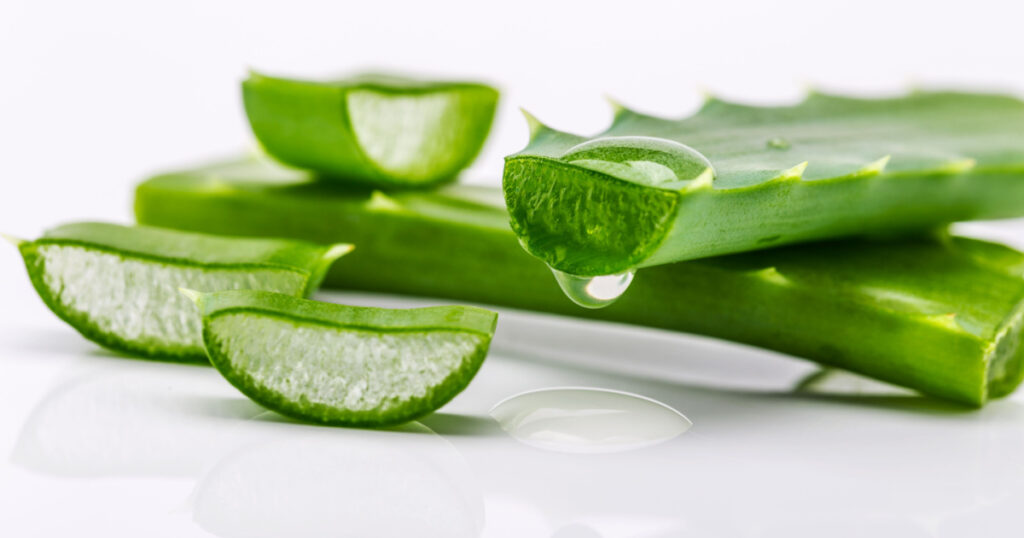
Some studies have found an in vitro (in the lab) win against H. Pylori infections with the inner gel of the aloe vera plant. This gel has found to be effective against many ailments, so it is no surprise that it can also assist in this one, as well. Again, however, the research shows that it is a natural way to improve upon existing treatment methods, not that it can completely get rid of the infection on its own. (7)
The Bottom Line
While natural remedies may offer some potential benefits in managing H. Pylori infection, it is important to approach them with caution. The existing evidence is limited, and their effectiveness can vary significantly between individuals. If you decide to explore natural remedies, it is crucial to consult with a healthcare professional to ensure that they are safe and appropriate for your specific situation.
Sources
- “Why do we still have Helicobacter Pylori in our Stomachs.” NCBI. Amin Talebi Bezmin Abadi, et al. September 2015.
- “Probiotics for H. pylori infection .” Examine. February 28, 2023.
- “Green tea inhibits Helicobacter growth in vivo and in vitr.” NCBI. Calin Stoicov, Reza Saffari, and JeanMarie Houghton. May 2010.
- “Assessment of antibacterial effect of garlic in patients infected with Helicobacter pylori using urease breath test.” NCBI. Mahmoud Zardast, et al. September-October 2016.
- “Role of Bismuth in the Eradication of Helicobacter pylori.” Pubmed. Huseyin Alkim, et al. November-December 2017.
- “The Antibacterial Activity of Honey on Helicobacter Pylori.” NCBI. Basil C Nzeako* and Faiza Al-Namaani. December 2006.
- “In vitro activity of Aloe vera inner gel against Helicobacter pylori strains.” Pubmed. L Cellini, et al. July 2014.
